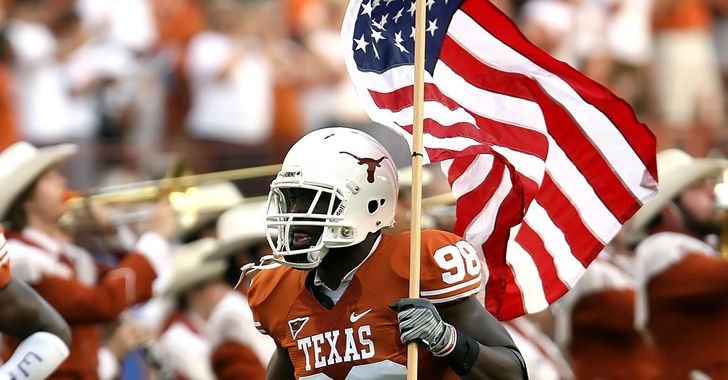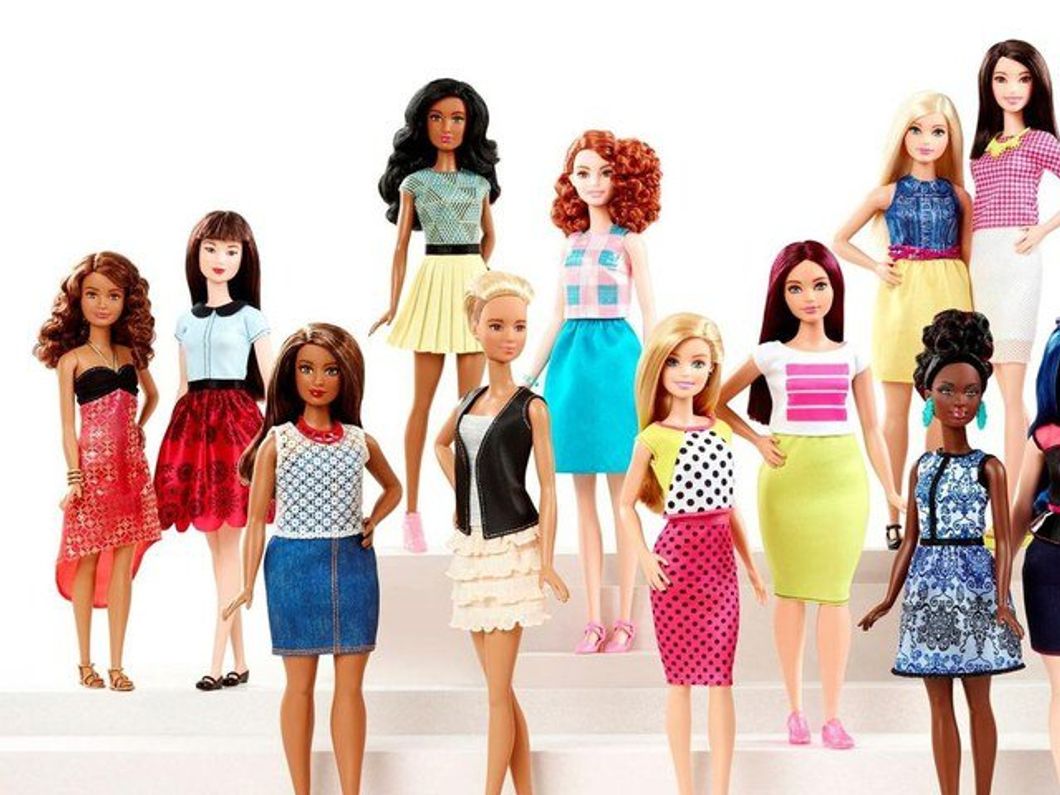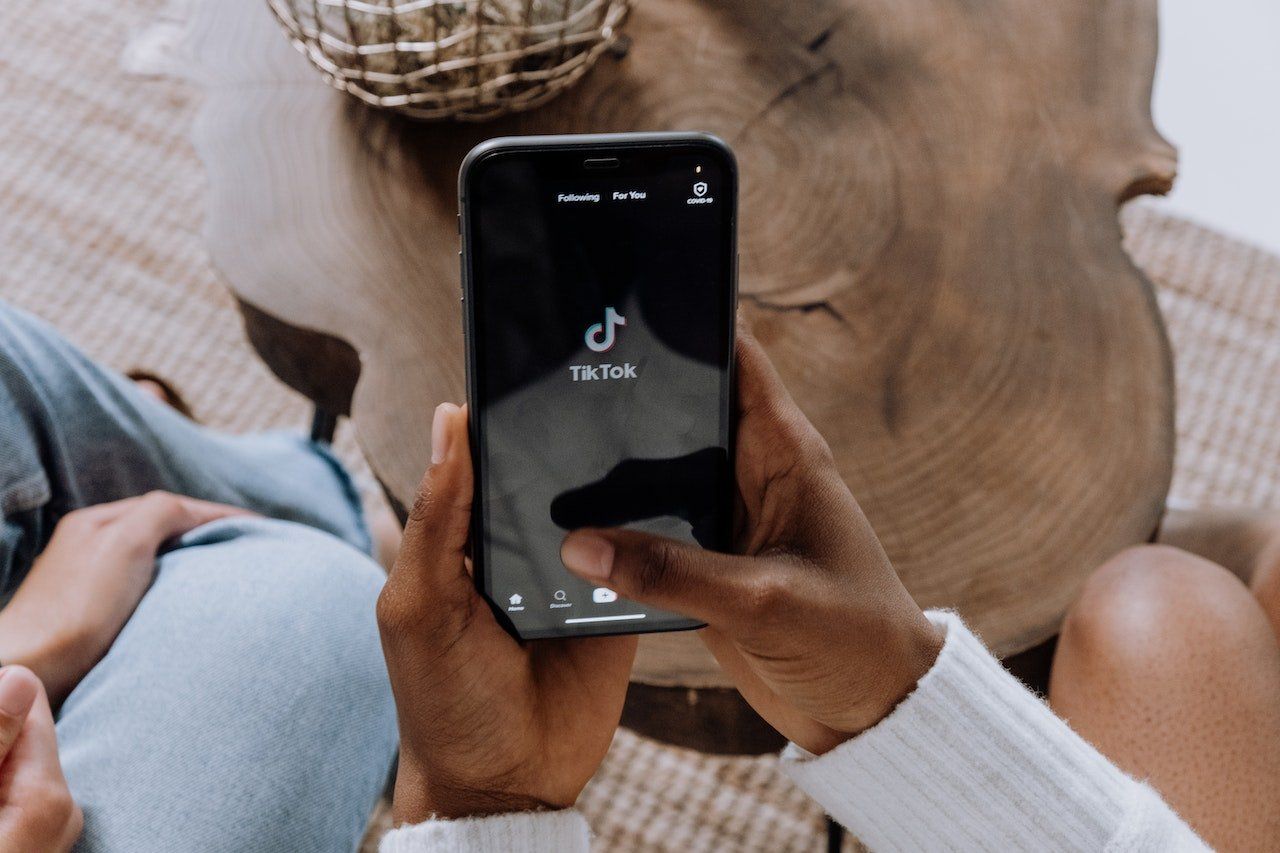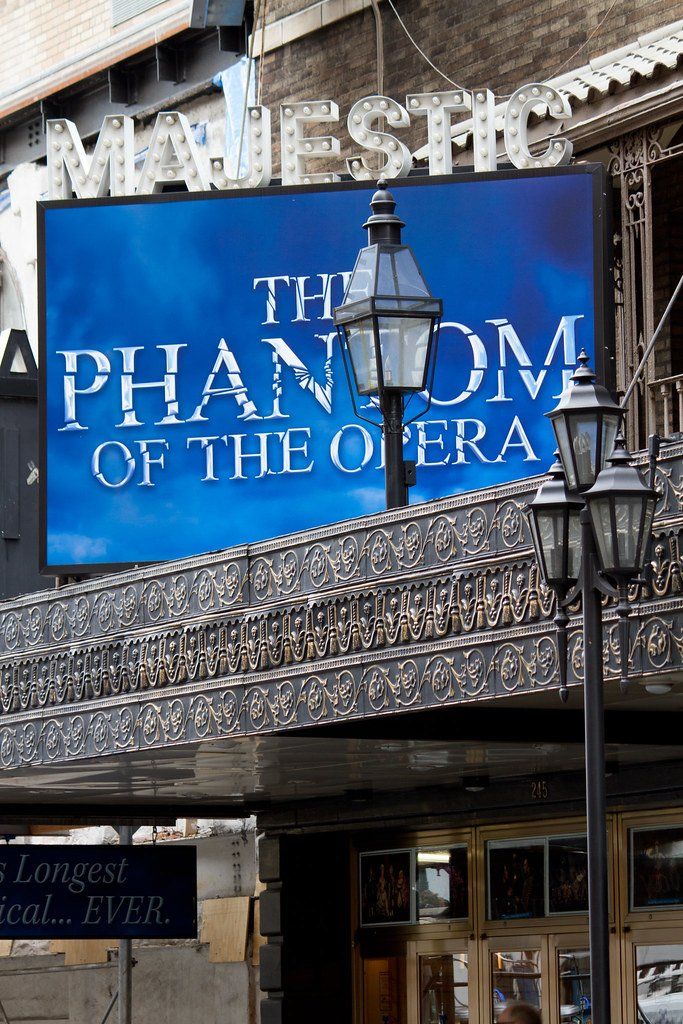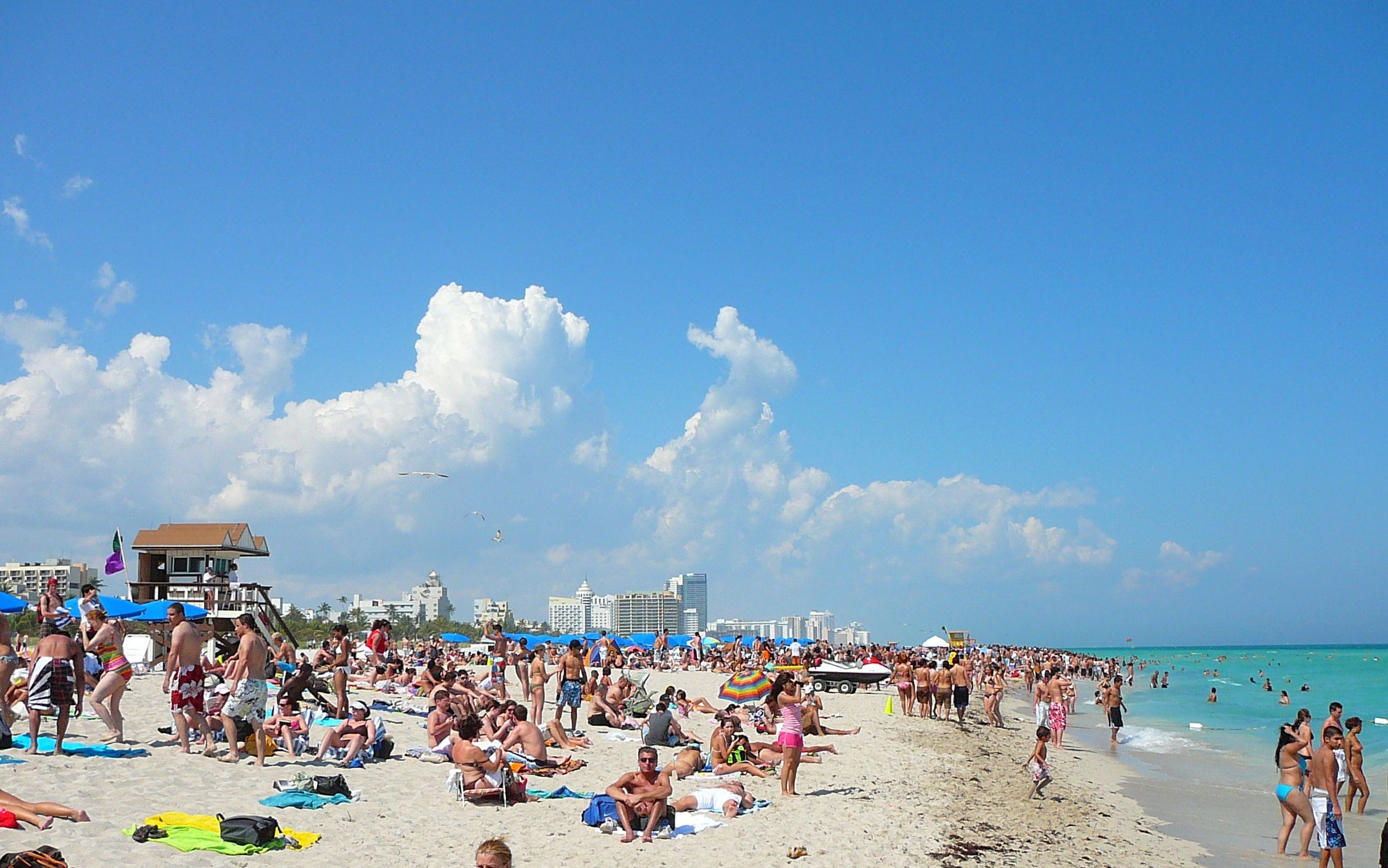"#MeToo." By now, everyone has seen the hashtag. When actress Alyssa Milano had the idea for victims of sexual harassment tweet #MeToo on October 15, 2017, she sparked a movement. Ever since that day, the hashtag #MeToo has carried heartbreaking stories, unwavering support, and most importantly, change. As the moment was catapulted onto the world's stage, more and more people joined. But as celebrities, politicians, and leaders all over the world became involved, one woman was left out of the spotlight.
Tarana Burke founded the (hashtag-less) Me Too movement in 2006 to help survivors of sexual abuse, assault, and exploitation, particularly young women of color. Burke wanted to help young women down the path of healing and make sure they knew they are not alone in their journey.
The movement's heartbreaking origin took place in 1996 at the organization Girls for Gender Equality in Brooklyn, when a young girl asked to speak to Burke privately. As the girl poured out all of her pain and suffering, Burke was speechless. From that moment on Burke decided no one brave enough to speak up about sexual abuse should ever be given silence instead of support.
The day after Milano wrote #MeToo, she credited Burke with founding the movement by tweeting a link to her organization. Ever since then, Tarana Burke has been extremely busy. She was named a TIME magazine person of the year in 2017 for being a “silence-breaker" and attended the Golden Globes wearing black alongside Michelle Williams and other female activists from around the country. She has spoken to eager audiences across the country, headed #MeToo workshops, and helped organize the Survivor's March all while acting as the senior director of Girls for Gender Equity, a non-profit organization in Brooklyn.
As for the future of the movement, Burke knows there is still so much work to be done. She considers the dawn of the Me Too movement to be the entry point for victims and hopes victims continue to speak up. The movement shows no sign of stopping, with #MeToo being used over 1.7 million times since October 2017 in 85 countries.
But Burke hopes to go further, starting conversations about the forced silence of victims abused by people such as family members and law enforcement. She wants there to be conversations about healing and about what happens after the worst.
Burke recently released a statement calling everyone to continue the conversation and work to eradicate sexual assault in our lifetimes. She ended her statement in the same way I'm ending this article: by asking you a question: "When you hear #MeToo, will you stand up to say #NoMore?"


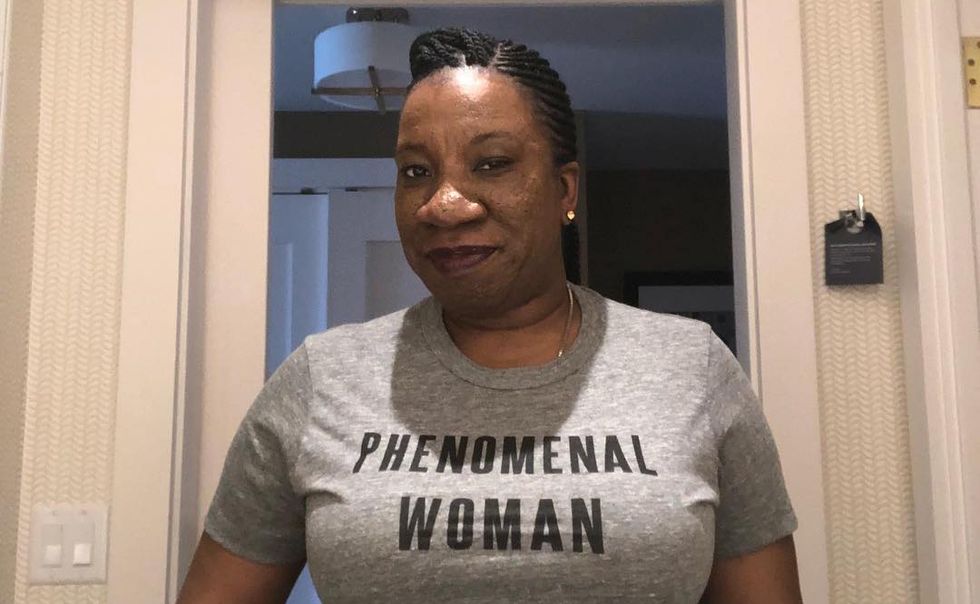

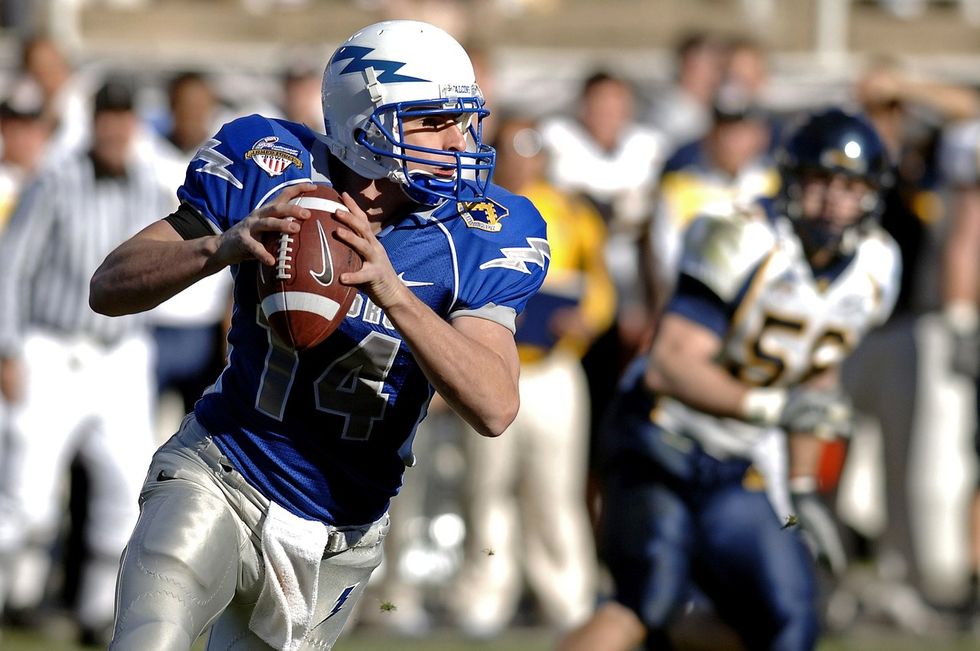
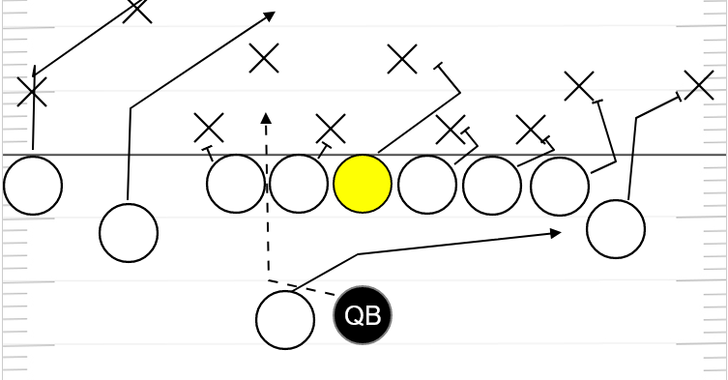

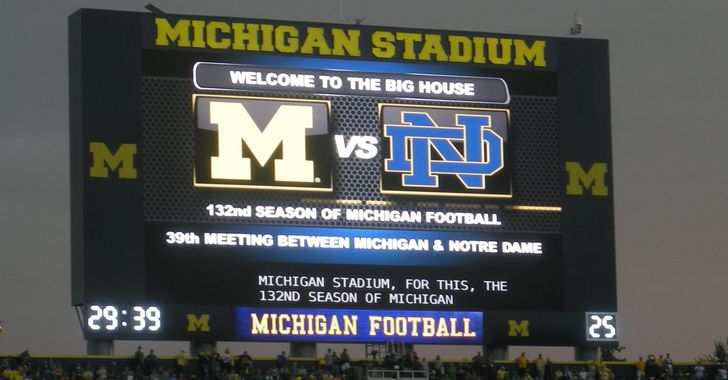
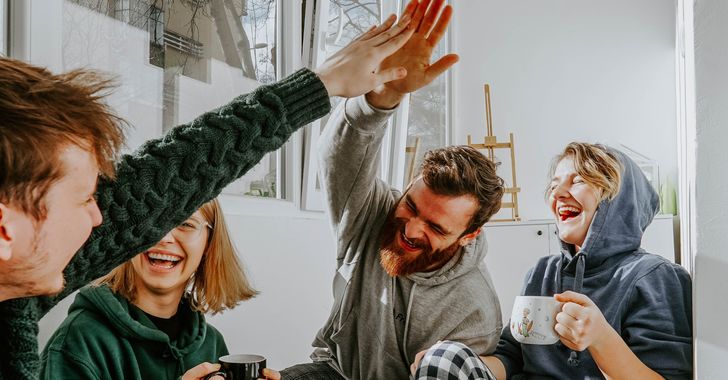 Photo by
Photo by 